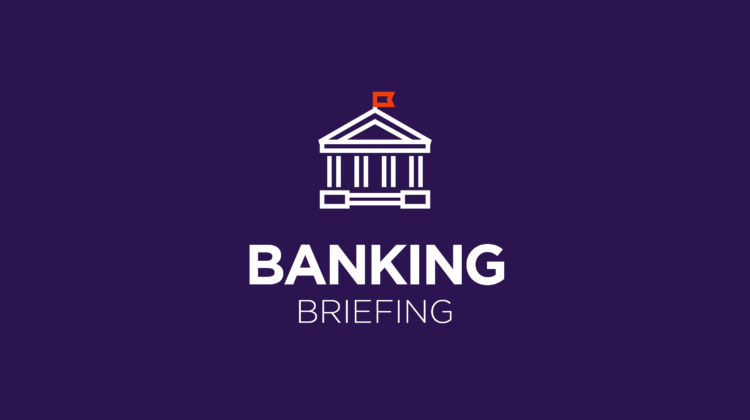Member Exclusive, New banks
Banking Briefing: What Biden’s executive order means for crypto growth
- With Biden’s executive order showing more interest in crypto development, the next question is what does that mean for the future of banks and digital currency?
- Meanwhile, fintech bank charters are heating up. But that’s not necessarily a bad thing for incumbents.








